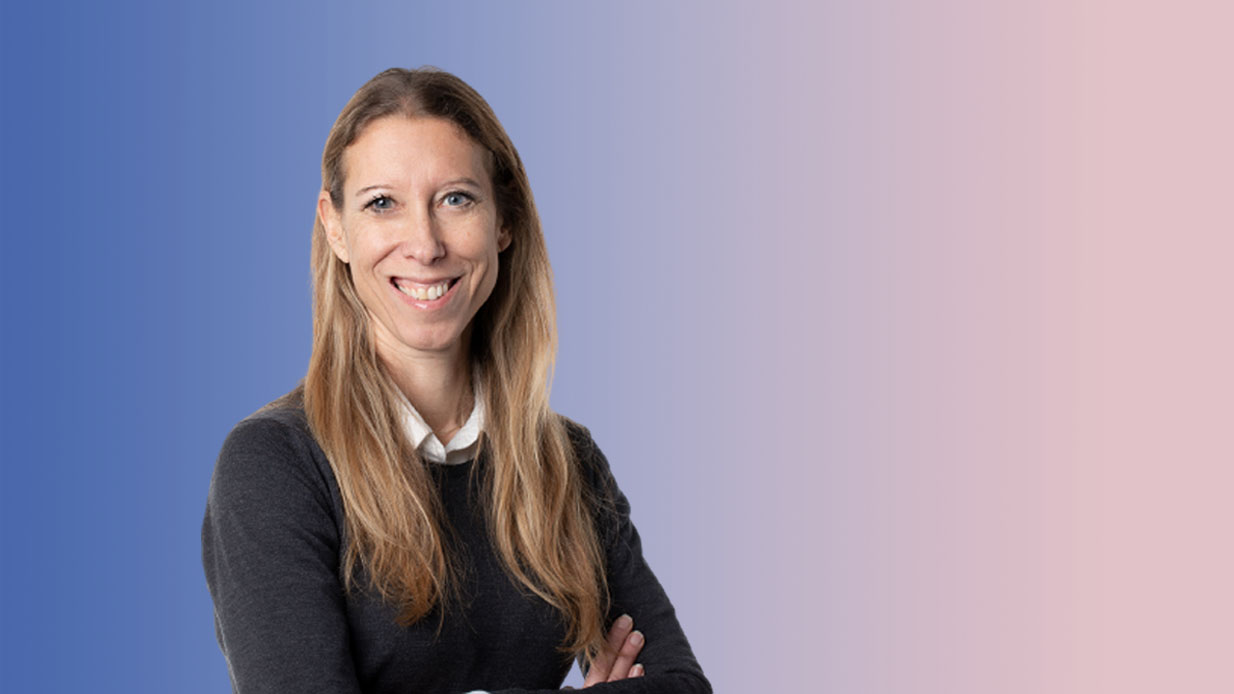Research that makes a difference
Research-based tools give leaders a new perspective on stress
In addition to being a universally human feeling, shame is also closely related to our level of stress, as shown in Pernille Steen Pedersen’s research. Pernille is an Assistant Professor at the Department of Management, Politics and Philosophy at CBS, and based on her research, she has developed tools that can strengthen the working environment as a step towards stress prevention.
What made you choose this particular field of research?
“Then I read the article about your work, and then I cried for an entire weekend, and then I went to my closest colleagues and my manager to tell them that I had found something that described my situation rather precisely.”
This is what someone suffering from stress wrote to me after reading about my research, where I describe shame as a significant and powerful influence on many sick-leaves due to stress. The email is just one of many that confirm my contribution to the handling of a big societal problem, namely stress. I began my research to make a difference to people in a difficult situation, and because I saw a need in workplaces for new knowledge that will shift stress preventive measures from being an individual to a collective responsibility.
What conclusions have you reached?
In my research, I have described two patterns of reaction related to shame, which will help you understand the human and relational dynamics that might lead to stress and possible sick-leave. The first reaction I call a problem-solving-reaction, where acknowledgement is linked to solving a task, and where fear and shame is linked to the feeling of not performing sufficiently well. The second pattern of reaction, I call the relational-master-reaction, where anxiety and shame are linked to not being a well-liked part of the working community.
These two patterns of reaction offer a new perspective on stress prevention and lead to practical ways of working proactively with the problems, as they create a good point of departure for dialogue and help both leaders and employees realise that we react differently under pressure.
Who is your knowledge relevant for?
In order to answer this question, I will pass the floor to a leader and an employee who have tested the research material I have developed:
Leader: “Shame and moral conflicts are not subjects we used to discuss in our working environment, and the first employees did find it a little strange. However, when we delve into the research and the two patterns of reaction, I find that my employees are able to communicate differently to what they are used to. The material gave us another language to speak about how we can help each other and how we can be each other’s working environment.”
Employee: “When you write moral conflicts, I get a lump in my throat. It affects me. But it is nice to be able to put into words the thoughts and feelings of insufficiency that I make myself believe that I alone am dealing with. Now, I am able to see that I am not alone if I dare to say it out loud. If I dare to be vulnerable.”
Has the research made a difference to companies, organisations and society in general in other ways?
In the project “Management, Core Tasks and Stress”, which was completed in collaboration with trade unions and local authorities, the result was a stress prevention toolbox that contains an information folder, dialogue cards, reflection exercises and specific methods for employees and leaders to tackle stress in the workplace in new ways. Today, these stress prevention tools are used widely in organisations across Denmark.
Which new socially relevant problems have your research raised and what should be the next step for you and other researchers?
Moving forward, a central task will be the mapping of the types of situations that causes stress, in which employees, and when. In a broader perspective, my research lays the ground for further development and testing of evidence-based well-being promoting initiatives based on knowledge about shame and the various patterns of reaction linked to shame. This type of development should take place in collaboration with the people who use the research, which will then ensure dissemination as well as societal impact.
